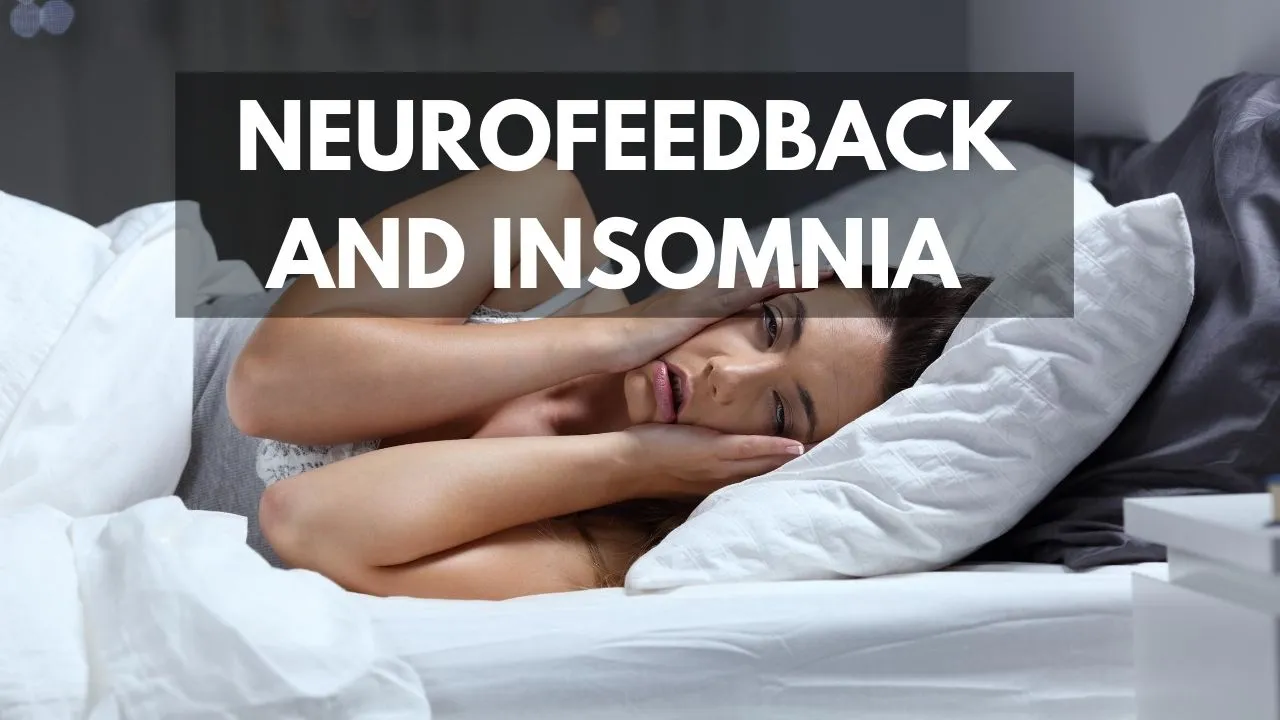Sleep Aid: Practical Choices to Help You Sleep Better Tonight
If you lie awake most nights, you’re not alone. This quick guide helps you pick a safe sleep aid, avoid common risks, and try fixes that actually work. Read it to get clear steps for tonight and a plan for long-term sleep health.
Over-the-counter sleep aids
Melatonin is popular for jet lag and shifting sleep schedules. Start with a low dose (0.5–3 mg) about 30–60 minutes before bed. Lower doses often work as well as high ones and cause fewer morning grogginess problems.
Antihistamines like diphenhydramine or doxylamine can help short-term, but they cause next-day drowsiness and build tolerance fast. Use them occasionally, not nightly. If you’re over 65, avoid these—risk of falls and confusion is higher.
Herbal products such as valerian or chamomile may help some people. They’re less studied and effects are mild. If you try an herb, use one product consistently for at least two weeks to judge if it helps. Always check for interactions with prescription meds.
Prescription meds and smart habits
Prescription options include zolpidem, eszopiclone, trazodone, and low-dose doxepin. These can work well for short periods but can cause dependence, strange sleep behaviors, or daytime drowsiness. Don’t mix them with alcohol or opioids. Use the lowest effective dose and review plans with your doctor every few weeks.
Cognitive Behavioral Therapy for Insomnia (CBT-I) is the most effective long-term treatment. It teaches how to break sleep anxiety, fix irregular schedules, and limit time in bed. You can find trained therapists or online programs that follow proven CBT-I steps.
Simple habits often help more than pills. Set a consistent wake time, dim lights an hour before bed, avoid screens for 60 minutes, and keep the bedroom cool and dark. Cut caffeine by early afternoon and skip heavy meals late at night. If you can’t sleep after 20 minutes, get out of bed and do a calm activity until you feel sleepy.
Watch for warning signs. Loud snoring, gasping, or daytime sleepiness may mean sleep apnea—see a doctor. If insomnia lasts more than a month, or you feel depressed or unsafe, seek professional help. Also review all medication lists with your clinician to prevent dangerous interactions.
Pregnant people, children and those with chronic illness should be cautious: many sleep meds aren't studied in these groups. Pregnant or breastfeeding? Talk to your obstetrician before using drugs or supplements. For kids, avoid adult sleep meds and seek pediatric advice. If you have liver, kidney, or breathing problems, get medical clearance. Use a sleep diary or tracker to note bedtime, wake time, naps, and how rested you feel—that data helps your clinician pick a fix.
Start small: pick one habit to change this week and try one short-term aid if needed. Track how you sleep for two weeks to spot patterns. Sleep tablets can help reset a cycle, but healthy habits and CBT-I build lasting results. Ask your healthcare provider for a plan that fits your life.

Doxylamine and Sleep During Menopause: Can It Help?
Hey there, it's your friendly neighborhood blogger here diving into the world of menopause and sleep. Like many folks, I've seen my fair share of sleepless nights, but it got me thinking, can doxylamine be the answer for those going through menopause? In this post, I'll explore how this medication might just be the helping hand needed to catch some much-needed z's. From understanding how it works to discussing its potential benefits and drawbacks, join me as we unravel the mysteries of doxylamine and sleep during this pivotal phase of life.
November 8 2023